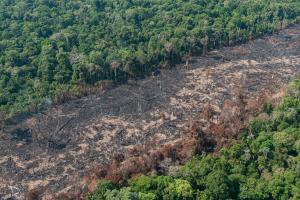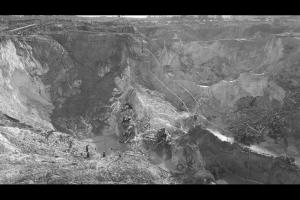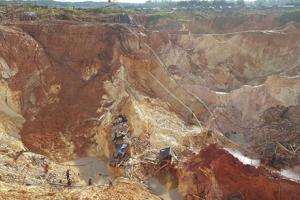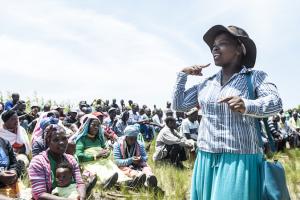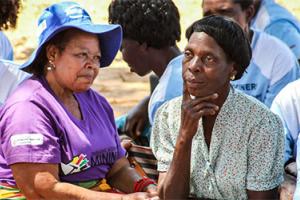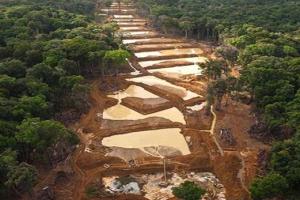Large-Scale Mining
Fueled by ever-increasing demand and the boom-and-bust cycles of global commodity markets, large-scale mining destroys forests and pollutes soil, air and water. Violent conflicts, sexual exploitation, criminalization and displacement of communities living in forests destroyed for mining, are examples of social impacts that are inherently linked with the mining industry.
The crisis in Venezuela from 2013 to 2021 has caused the collapse of a nation that was built around oil over the last 100 years. This has created a situation characterized by the emergence of mining-dominated predatory extractivism.
The Southern African Peoples Permanent Tribunal on Transnational Corporations has been an important tool for communities to share their struggles as well as to challenge the status quo by rising up to say NO to corporate power, impunity and a destructive development agenda. (Available in Swahili).
The extractivist paradigm in Southern Africa threatens the lives and livelihoods of peasant communities, in particular women and girls: From the Tete Province in Mozambique, where women confront water scarcity and pollution to Zimbabwe’s Marange community, where militarised and often sexualised violence haunts women’s daily lives.
